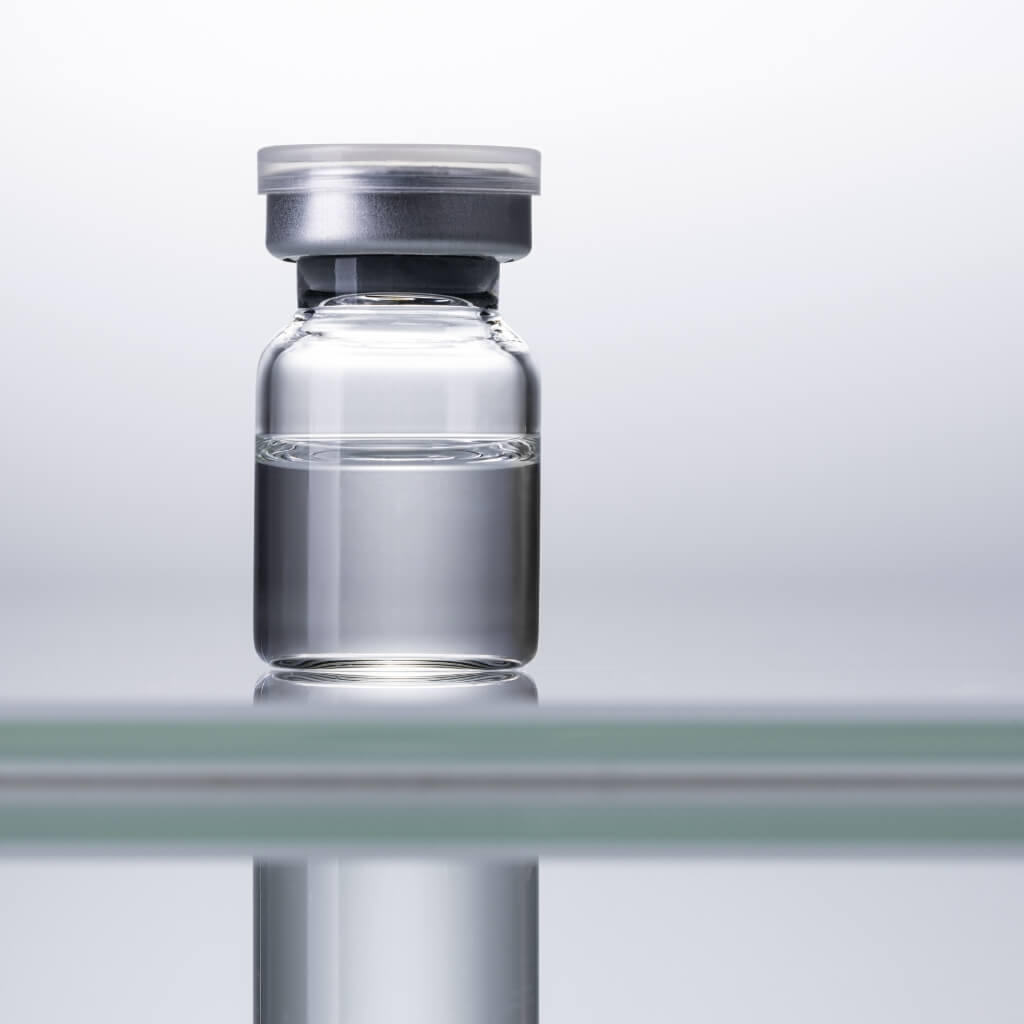Chimeric Antigen Receptor T Cell Therapy (CAR-T): Genetically programmed immune cell binds to and destroys cancer cell / Therapy is now available for the majority of indications
16. February 2022 • Robotics
16. February 2022 • Robotics
For the first time in Germany, physicians and researchers from the Clinic and Polyclinic for Neurology at Leipzig University Hospital (UKL) and the Innovation Center for Computer-Assisted Surgery (ICCAS) at the Medical Faculty of the University of Leipzig have developed an innovative concept for digitally supported stroke aftercare.
The PostStroke Manager project places the individual patient in the center of the usually diverse aftercare content. It helps in various ways to deal with the new life situation in the best possible way. After more than two years of development, a feasibility study has now begun within the project to test the concept.
“The concept is unique in Germany. The focus is on improved aftercare following a stroke. For the first time, digital applications are being used, the opportunities of which have remained untapped until now,” reports Prof. Dominik Michalski, senior physician at the stroke unit of the Clinic and Polyclinic for Neurology at UKL. He heads the PostStroke Manager project with Clinic Director Prof. Joseph Claßen and Prof. Galina Ivanova from ICCAS.
Together with the technological team “Biomedical Data Analysis” of the ICCAS, led by Prof. Ivanova, the UKL stroke experts developed the PostStroke Manager. This patient-centered, digital system supports patients in the often-difficult period after stroke and enables them to receive coordinated long-term care.
“The initial situation is clear,” says Prof. Michalski. “Every year, around 270,000 people suffer a stroke in Germany. In many cases, this develops into a chronic disease with persistent symptoms such as paralysis. After a stay in an acute hospital, further treatment is mainly provided by family doctors, speech therapists, occupational and physical therapists, and rehabilitation facilities.” However, he adds, “In Germany, stroke aftercare is not yet sufficiently developed in terms of content and structure. Also, the potential of digital technologies has not yet been exploited.”
With the help of the concept developed by Leipzig-based physicians and IT specialists, this is now set to change. “Although digitalization in medicine is advancing rapidly, the PostStroke Manager represents the first project in Germany that focuses on the care situation of stroke patients and uses modern eHealth and mHealth technologies for this purpose,” explains Prof. Ivanova.
The most crucial goal of the project is the development of a digitally supported aftercare concept for stroke patients—interdisciplinary and intersectoral. The latter term means that the PostStroke Manager system can be used not only in acute hospitals but also in the practices of private physicians, rehabilitation facilities, and above all, in the patient’s home environment. In addition, it integrates the various groups involved in aftercare and creates the basis for innovative digital offerings and new forms of care. Finally, the study will show whether the system is suitable for practical use.
The developers of the concept have addressed typical problem areas in post-stroke care. “From the patient’s point of view, we are therefore pursuing several goals, for example, the mitigation of still existing stroke symptoms through individualized therapy or also the early detection of secondary conditions with the possibility of adapting the treatment accordingly,” explains Prof. Michalski. “By closely monitoring risk factors such as blood pressure, so that the individual medication can be adapted as best as possible by the primary care physician, we aim to prevent recurrences of stroke. In addition, we want to strengthen the health literacy of the patients by providing individually relevant information and developing a disease model.”
The patients will be accompanied by the digital system and specially trained stroke guides during the first year after the stroke. Subsequently, individualized aftercare is to be ensured via digital offerings. A clinical pre-test phase has been running since October 2021. January 2022 was now the start of the feasibility study, in which the elaborated aftercare concept, consisting of a newly developed app, portals for treatment providers, and accompaniment by stroke pilots, will be examined over one year.
“Because of the system’s many unique selling points, there is already a great deal of interest in the concept, even beyond the region,” says Prof. Ivanova of ICCAS. Therefore, the first test now represents a significant challenge, she adds. She emphasized the close cooperation of the partners involved in the project: “There is very close collaboration. We discuss almost every day.”
The project is supported by public funds from the Free State of Saxony as part of the “eHealthSax” directive. There is cooperation with the Independent Department of General Medicine of the Medical Faculty of the University of Leipzig and the German Stroke Aid Foundation.
Further information can be accessed here.

cell-immune-gene-therapies
Small glas bottle which is normally used to store vaccine
Chimeric Antigen Receptor T Cell Therapy (CAR-T): Genetically programmed immune cell binds to and destroys cancer cell / Therapy is now available for the majority of indications

digital-health
Human who looks onto a recording of brainwaves on his tablet computer and moves the model with his fingers
The Smart Infrastructure Hub Leipzig will receive a further 1,9 million euros from the cluster funding of the Saxon Ministry of Economic Affairs.

cell-immune-gene-therapies
Small glas bottle which is normally used to store vaccine
A relatively small metropolis in Germany’s Free State of Saxony – a dynamic hub for the life science industry? What was just a vision 20 years ago has become a reality for the city of Leipzig, which from October 24-26 co-hosted BIO-Europe, Europe’s largest annual biotech partnering event.

services
Woman who looks at something through a microscope while another woman ist watching her
The European Commission has approved the Saxon ERDF/JTF program for the funding period 2021 to 2027.